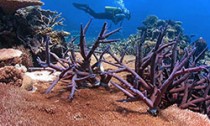
Some coral populations already have genetic variants necessary to tolerate warm ocean waters, and humans can help to spread these genes, a team of scientists from The University of Texas at Austin, the Australian Institute of Marine Science and Oregon State University has found.
The discovery has implications for many reefs now threatened by global warming and shows for the first time that mixing and matching corals from different latitudes may boost reef survival. The findings are published this week in the journal Science.
The researchers crossed corals from naturally warmer areas of the Great Barrier Reef in Australia with corals from a cooler latitude nearly 300 miles to the south...
Read More

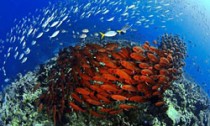
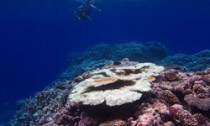
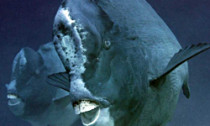
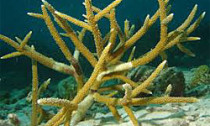
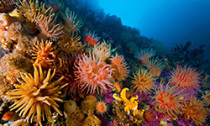
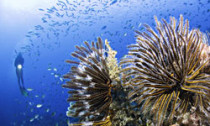
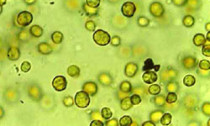
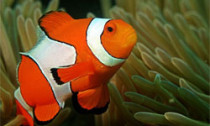
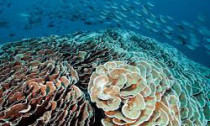
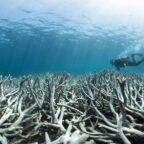


Social Profiles